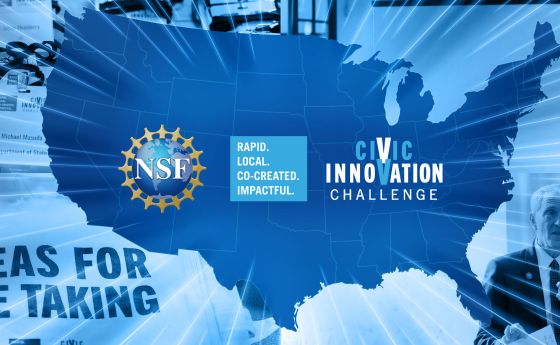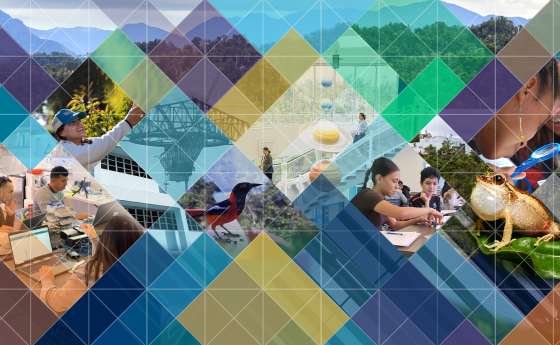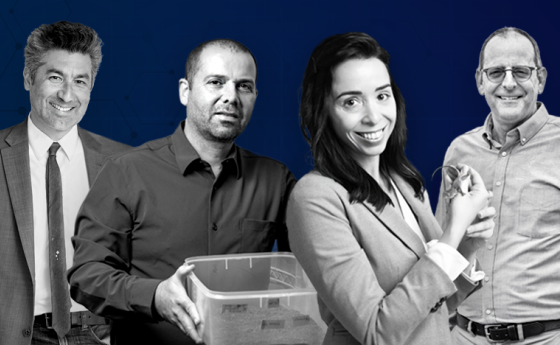
NSF 101: EPSCoR Graduate Fellowship Program
You've likely heard of the U.S. National Science Foundation Graduate Research Fellowship Program (GRFP), which helps fund graduate students in science, technology, engineering and mathematics, opening doors to career paths in academia, industry and beyond. In May 2024, NSF released a new program, the Established Program to Stimulate Competitive Research (EPSCoR) Graduate Fellowship Program (EGFP), which supports the pool of exceptionally talented individuals who received Honorable Mention from GRFP within the last three years.
The EGFP awards fund graduate fellowships to new or continuing students, up to $37,000 per student annually, for up to three years of stipends and cost-of-education allowance. The program is supported by each of the eight NSF directorates and the Office of Integrative Activities, with specific topical areas considered for funding by each participating organization. Read the solicitation for details on these topic areas.
- Proposals to EGFP should be submitted by an academic institution within an eligible EPSCoR jurisdiction.
- Institutions receiving EGFP awards must use the NSF Education and Training Application (ETAP) system to recruit prospective fellows. Institutions will recruit potential fellows from the pool of highly qualified individuals who received Honorable Mention recognition from NSF GRFP no more than three years before the proposal submission deadline.
- Students interested in matching with a potential host institution for EGFP should complete their application in ETAP. To be considered for EGFP, they must have received an Honorable Mention from GRFP.
Here are a few tips for those interested in applying:
- Read the solicitation (NSF 24-588) carefully. It is a comprehensive list of instructions that outlines exactly what you need to do to have a successful application.
- Access ETAP. This is required for both the principal investigator and the prospective fellow.
- Principal Investigators will create EGFP Opportunities in ETAP for prospective fellows to apply to.
- Prospective fellows can apply to graduate programs that differ from those listed as a field or subfield in their previous GRFP application. However, once enrolled, fellows must remain in a degree program in the same discipline as when admitted by the institution.
- Read the EGFP fact sheet for more information.
If you have questions about the application process or the program, please email egfp@nsf.gov.



